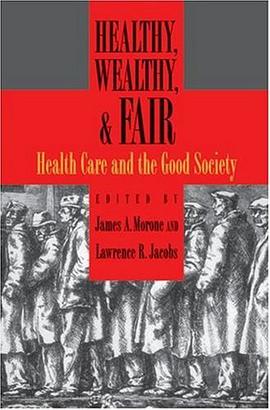

具體描述
This study of the Employee Retirement Income Security Act of 1974 (ERISA) explains in detail how public officials in the executive branch and Congress overcame strong opposition from business and organized labor to pass landmark legislation regulating employer-sponsored retirement and health plans. Before Congress passed ERISA, federal law gave employers and unions great discretion in the design and operation of employee benefit plans. Most importantly, firms and unions could and often did establish pension plans that placed employees at great risk for not receiving any retirement benefits. In the early 1960s, officials in the executive branch proposed a number of regulatory initiatives to protect employees, but business groups and most labor unions objected to the key proposals. Faced with opposition from powerful interest groups, legislative entrepreneurs in Congress, chiefly New York Republican senator Jacob K. Javits, took the case for pension reform directly to voters by publicizing frightening statistics and 'horror stories' about pension plans. This deft and successful effort to mobilize the media and public opinion overwhelmed the business community and organized labor and persuaded Javits' colleagues in Congress to support comprehensive pension reform legislation. The enactment of ERISA in September 1974 recast federal policy for private pension plans by making worker security an overriding objective of federal law.
著者簡介
圖書目錄
讀後感
評分
評分
評分
評分
用戶評價
相關圖書
本站所有內容均為互聯網搜索引擎提供的公開搜索信息,本站不存儲任何數據與內容,任何內容與數據均與本站無關,如有需要請聯繫相關搜索引擎包括但不限於百度,google,bing,sogou 等
© 2025 book.quotespace.org All Rights Reserved. 小美書屋 版权所有




















